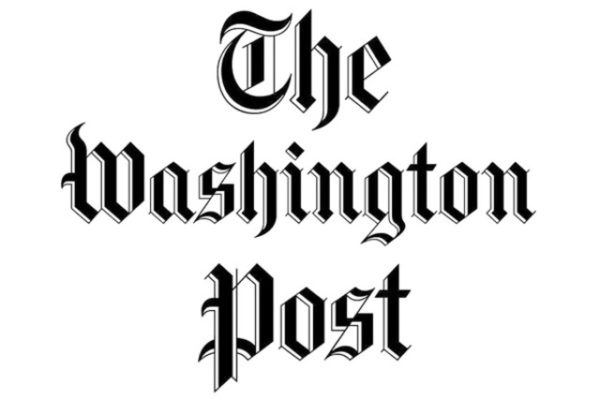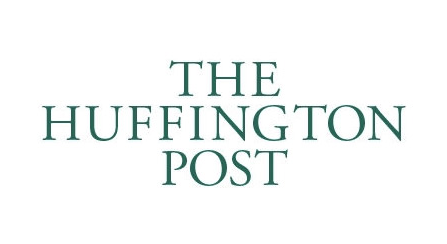Kickbacks
Medical Judgment, Trust and Quality of Care For Sale
“The Anti-Kickback Statute was enacted to ensure that the medical treatment and advice patients receive, and federal programs pay for, are free from the taint of corporate kickbacks.”- Manhattan U.S. Attorney Preet Bharara
When medical professionals receive kickbacks for prescribing certain medical products, the costs of medical care — to the system and the individual — are increased, medical judgment is improperly influenced, patient trust is eroded and the quality of patient care is jeopardized. The laws prohibiting kickbacks and similar incentives, had its genesis in the Social Security Act Amendments of 1972 and have only been strengthened since. Currently, the Anti-Kickback Statute (AKS) makes it a felony federal crime to offer, pay, solicit or receive anything of value to induce or reward referrals or to generate Federal health care program business. The False Claims Act was also amended to specifically state that any violation of the AKS is also a violation of the False Claims Act.
Kickbacks in the Pharmaceutical Industry
Due to the nature of the pharmaceuticals, where of a product is typically of debatable or comparable quality to competitors and the prescribing medical professional generally just orders a product for the patient to pick up elsewhere and often does not provide any further service, kickbacks have proven especially effective at inducing use. Further, the amount of profit for pharmaceutical companies is enormous if they can persuade medical professionals that their drugs should be prescribed. For these reasons, kickbacks and other remunerations have the potential to become commonplace activity.
““Reliable information is essential for patients taking drugs on a long-term basis, and money should not distort the advice that patients receive about drugs with serious side effects. OIG will continue to investigate kickback arrangements between pharmaceutical manufacturers and specialty pharmacies.” – HHS-OIG Chief Counsel Gregory E. Demske
Many pharmaceutical companies, including some of the largest corporations in the industry, have paid settlements to resolve claims that they offered illegal kickbacks to induce the use of their products. With new qui tam pharmaceutical kickback cases being filed and settled every year, it appears that pharmaceutical companies continue to decide to put their profit above the law, the taxpayers’ investment in government health care and patient confidence and care.
Because offering, giving or accepting anything of value to induce use of medical products is a violation of the AKS and False Claims Act, there are a wide variety of improper incentives that qualify as illegal kickbacks. Some common illegal “kickbacks” that can form the basis of a qui tam case include:
- Offering cash payments or gifts to medical professionals to induce use of certain drugs or products
- Offering “training” “educational” or “consulting” fees designed to induce medical professionals to prescribe certain products.
- Patient referrals in exchange for prescribing a product.
- Providing free drugs in order to induce providers to prescribe drugs or encouraging the recipient providers to bill the government for samples or selling samples.
- Offering “marketing services” or “business development plans” to medical professionals to induce the use of drugs or products.
- Offering free or discounted rental space to medical providers
- Providing vacations, weekend retreats, conference attendance fees, lavish meals and other gifts to induce medical professionals to prescribe drugs.
Our Attorneys are National Qui Tam Experts and Trial Lawyers.
“The Accomplishments of Frohsin Barger & Walthall warrant the wealth of accolades that it has received.” — Benchmark Plaintiff”
Jim Barger and Elliott Walthall are the only private attorneys general in the country ever to be tapped as part of a Department of Justice trial team in a Medicare fraud jury trial. A noted expert on the False Claims Act, Jim Barger teaches upper level courses on the subject as an adjunct professor at the University of Alabama School of Law, which was ranked among the top 15 law schools in the nation by Business Insider in 2016. Barger has appeared on HuffPost Live, Fox 6 Atlanta, and NPR and his opinions regularly are sought by major newspaper outlets on False Claims Act Medicare enforcement, including The New York Times and The Washington Post.
Both Jim Barger and Elliott Walthall have spoken on national panels about Medicare fraud for the American Bar Association, the American Association for Justice, and Taxpayers Against Fraud. In 2015, Barger was a featured symposium speaker on Medicare Fraud and the False Claims Act at the Georgetown Law Center in Washington, DC. and in 2016, Georgetown’s American Criminal Law Review published a new research article by Barger on the public-private partnership of the False Claims Act.
“Frohsin Barger & Walthall Wins $150 Million Medicare Fraud Settlement”
Frohsin Barger & Walthall Represents Whistleblowers Nationwide.
Frohsin Barger & Walthall investigates and litigates qui tam actions on behalf of whistleblowers in federal and state actions across the country. Our representation includes evaluating, investigating, and filing qui tam actions as well as assisting prosecutors and investigative agents in pursuing cases and reaching settlements, with a high-percentage of our cases resulting in government intervention. We have sealed cases in multiple states across the country and regularly travel to meet with United States Attorney’s offices, State Attorney General Offices, and United States Department of Justice attorneys in Washington, DC.
Protection for Whistleblowers
Blowing the whistle on corporate fraud takes courage, and the law rewards that courage with certain protections. We understand that perhaps the most important aspect of representing corporate whistleblowers is guiding and protecting them through the difficult, stressful process of litigation. The False Claims Act provides for a whistleblower’s case to be filed under seal and for the identity of the whistleblower to be protected during the course of the government’s investigation. Further, federal laws protect against retaliation by mandating the reinstatement of wrongfully fired employees at the same seniority level, and an award of double back pay, interest, and attorneys’ fees. Finally, successful whistleblowers are entitled to substantial rewards, including up to 30% of any False Claims Act recovery which Congress has mandated is three times the amount of fraud that is proven through the whistleblower’s allegations plus substantial civil penalties.
Frohsin Barger & Walthall whistleblower cases have been featured in the following media outlets, among others:
Click on the media outlet logo to read the featured story




